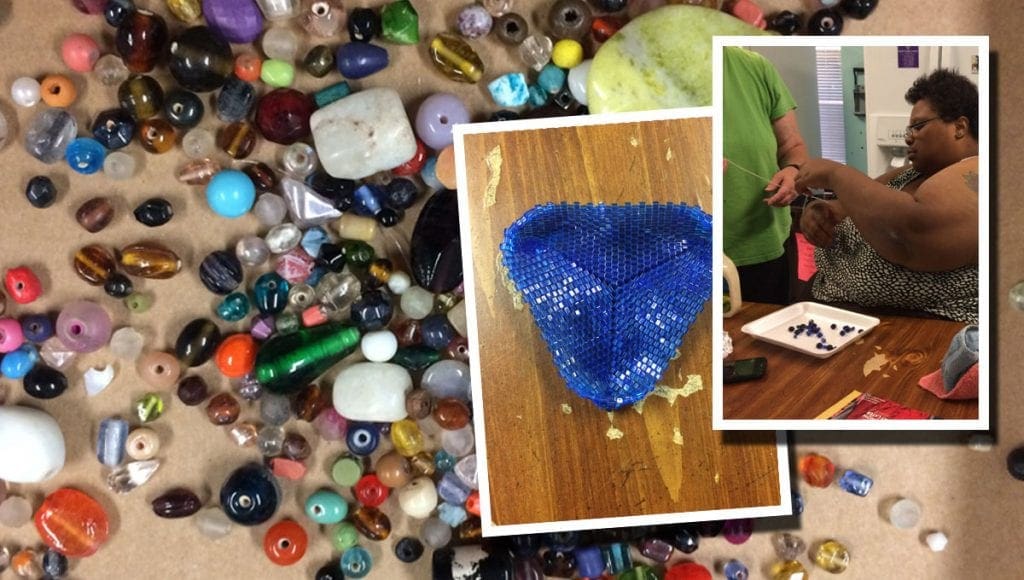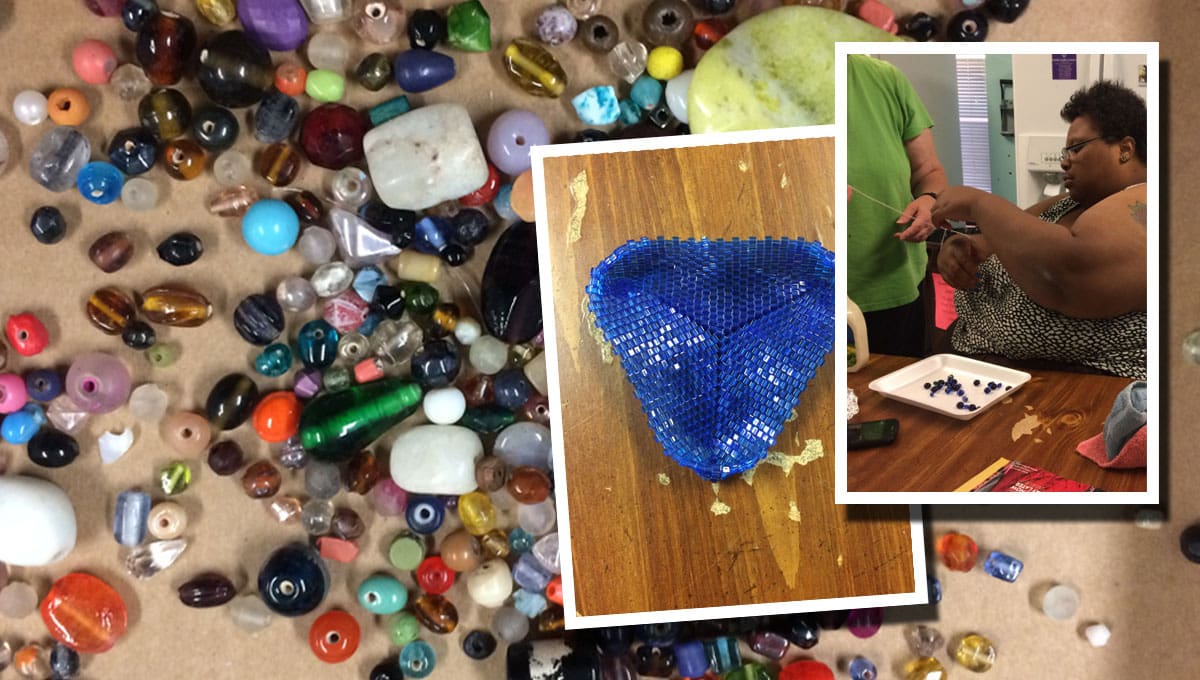Promoting Empowerment in a World of Rampant Toxic Charity

What do you think of when you read the word “Sustainability?” Maybe you think solar panels, or houses made of recycled materials. Maybe you think of maintaining schedules or choosing which organizations or tasks require your time and attention. Over the past five years or so, “sustainability” has become a buzz word in the nonprofit sector as well.
Charity is tough. We have all heard about the dangers of “toxic charity;” when well-intentioned nonprofits end up implementing initiatives that unintentionally perpetuate, or even exacerbate, inequality. It can be really difficult to avoid participating in toxic charity because our culture is steeped in some really unhealthy ideas about poverty and the role that we, well intentioned privileged folks; play in maintaining the imbalances of power that drives poverty in our community and our world.
The temptation to throw money at issues without actually addressing the root causes of poverty can be strong, especially at large, well-funded nonprofit organizations like SVDP. So how do we avoid participating in toxic charity? How do we invite our clients to lead the conversation around overcoming poverty?
I believe that at St. Vincent de Paul, we are really striving to do charitable work right. It can be challenging sometimes; change is slow and difficult, and we have along history of toxic charity in our country to fight against. Though we still have a lot of work to do, it brings me so much joy to see the empowering initiatives that are popping up all around the organization.
One of my favorite sustainable initiatives is an art program developed by Renée Yates, Program-Manager at Roberts Hall. Roberts Hall provides long-term housing for women with disabilities that prevent them from living independently. Renée started the program as a way to help the ladies “feel empowered and take ownership of their community.” This is especially important in a program like Roberts Hall, where residents may live for years, or even decades. Maintaining morale in long-term assisted living can be a challenge, as there is a tendency for residents to develop feelings of uselessness or a belief that they are not capable of contributing to their community. The art classes give each woman a chance to highlight her unique skills and engage with her community. What’s great about it, is that it is run by the residents for the residents, and requires little assistance from outside the community to maintain.
At the Family Success Center, we are also striving for sustainability in our programs. VISTA members Jessie, Chris, and I have been working hard to engage local organizations and individuals to make connections that will, hopefully, develop into long-term partnerships. We are really excited to be starting a new recorder class and club in October that will provide students with the opportunity to study a musical instrument and develop teamwork skills as they learn to perform music together. We love the potential the recorder class has as a sustainable program. Once the initial cost of purchasing instruments and supplies is met, it could easily be maintained by the community indefinitely.
It is our hope that, little by little, we will be able to empower parents to take on more active roles at the Family Success Center. Someday, if we are doing our job right, the Family Success Center will be able to run with little help from outside the community. After all, what better way is there to end systematic poverty by empowering people to break down their own barriers?
Progress is being made every day, and I look forward to telling you more about St. Vincent de Paul’s journey toward sustainability. Follow Grow. Know. Change. To read more, or to comment with your own stories about sustainability in the nonprofit sector.
Tags:







Very moving examples of how to really help…